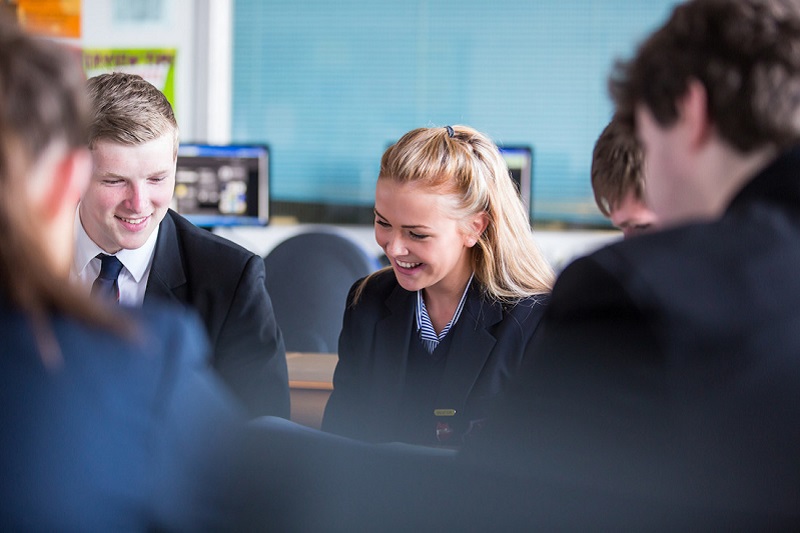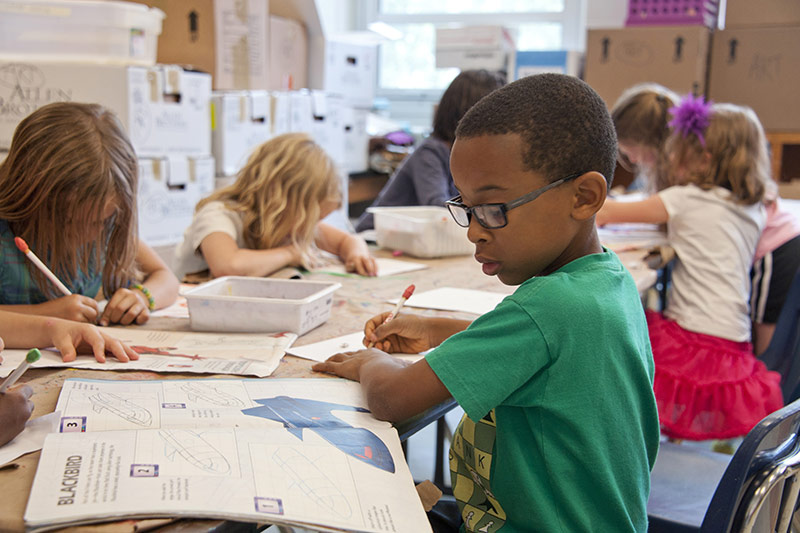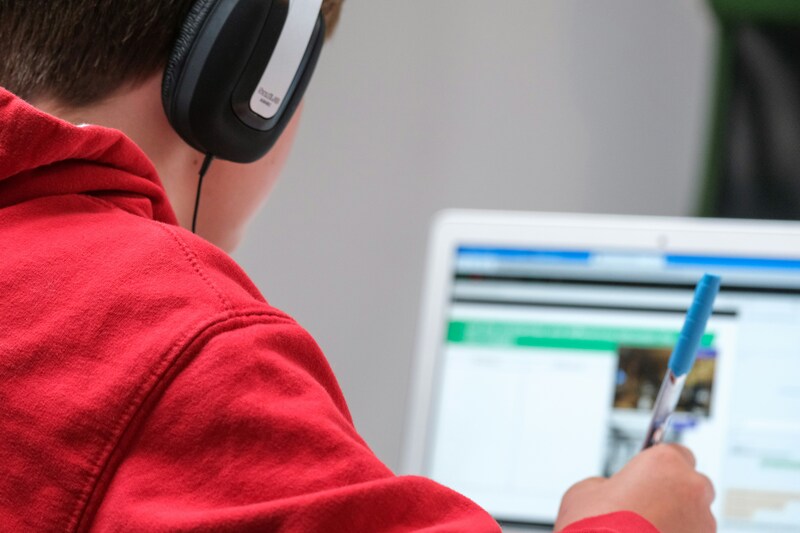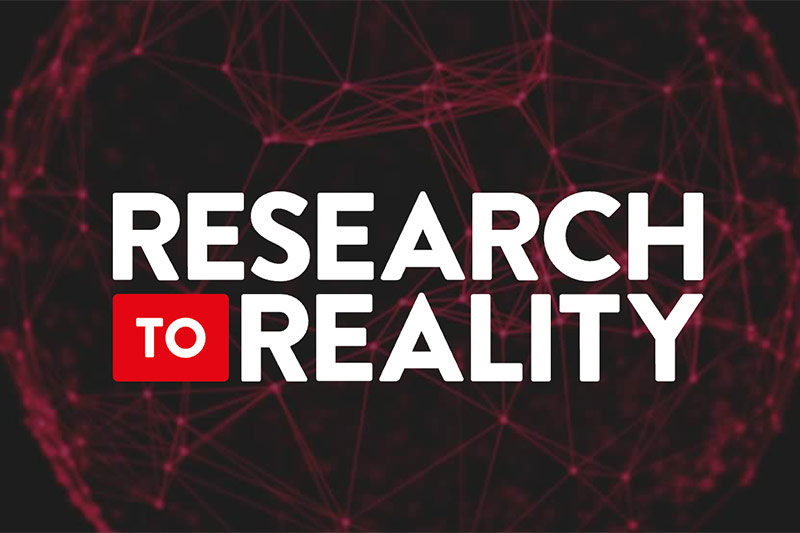DISCOVER CUTTING-EDGE EDUCATION AND LEARNING RESEARCH AT QUEEN’S
Queen's is at the forefront of innovative research in children and young people's education and learning, with a profound commitment to involving children's voices to enable their meaningful participation.
Through a multifaceted approach, Queen's researchers strive to empower children and adolescents to express their thoughts, needs, and aspirations, creating an inclusive environment for their valuable contributions.
By recognising children as active agents in their own educational journeys and possessing a deeper understanding of their unique perspectives, more effective and child-centred educational policies and practices can be promoted, paving the way for a more inclusive and equitable education for all.
In recognition of this leadership, Queen’s are proud to announce that we will host the prestigious EARLI Conference in 2027. This international event will bring together researchers, educators and policymakers to explore the latest innovations in education and learning, with a strong focus on inclusion, participation and the voices of children and young people.

MEANINGFUL PARTICIPATION AND CHILDREN’S VOICES
By valuing the input of children and young people, educational policies become more inclusive, adaptable, and better equipped to meet the diverse needs of all learners, ultimately enhancing the quality of education and its outcomes.
- The impact of tracking by attainment on pupil self-confidence over time: demonstrating the accumulative impact of self-fulfilling prophecy
- Enabling the meaningful participation of children and young people globally (The Lundy Model)
- Inclusion is a feeling, not a place – qualitative study exploring autistic young people’s conceptualisations of inclusion
- Future time perspective, positive emotions and student engagement: a longitudinal study
- Developing a curriculum for deep thinking: the knowledge revival
- The role of knowledge-rich curricula in promoting deep thinking and complex skill acquisition

SHARED AND INCLUSIVE EDUCATION
With a strong commitment to fostering an inclusive society, Queen’s researchers have dedicated their efforts to understanding and promoting education that accommodates diverse needs and backgrounds.
- The mainstreaming and internationalisation of shared education
- Attempting to break the chain – reimagining inclusive pedagogy and decolonising the curriculum
- How diversity approaches affect ethnic minority and majority adolescents: Teacher – student relationship trajectories and school outcomes
- How inclusive is the right to inclusive education? An assessment of the UN convention on the rights of persons with disabilities’ concluding observations
- Towards inclusive education: instructional practices to meet the needs of pupils with special educational needs in multi-grade settings
- Advancing the field of educational effectiveness and equity

EVOLVING TEACHING AND LEARNING IN A CHANGING WORLD
Education is constantly adapting to meet the needs of diverse learners in an ever-changing global landscape. Queen’s researchers are at the forefront of exploring how teaching practices, curriculum design and learning environments evolve to foster deeper thinking, resilience and inclusivity.
